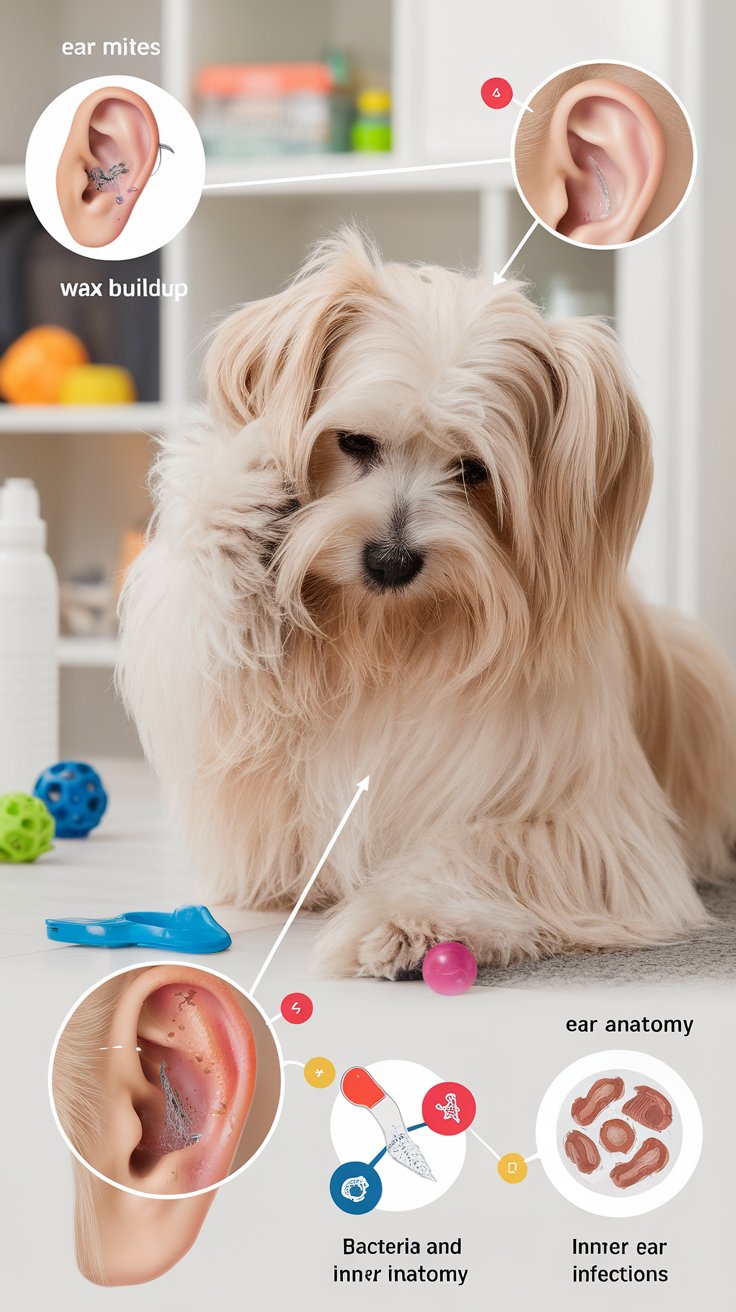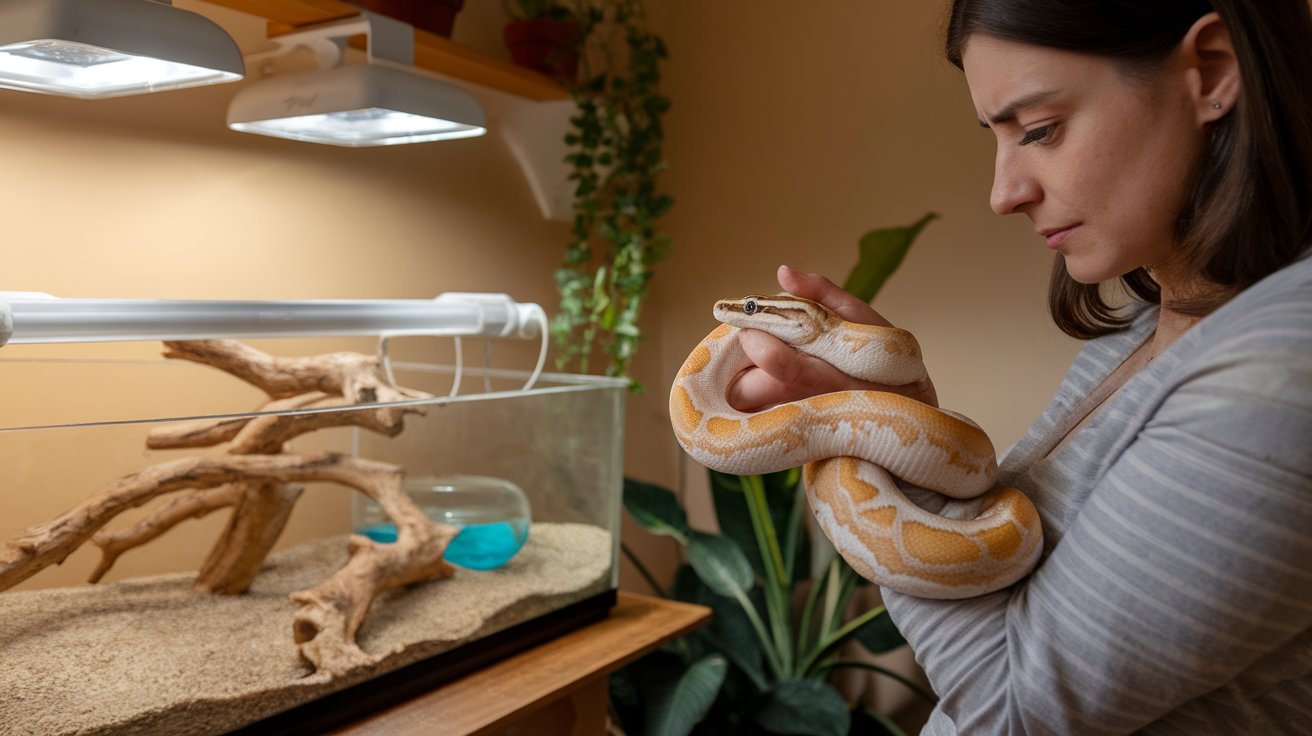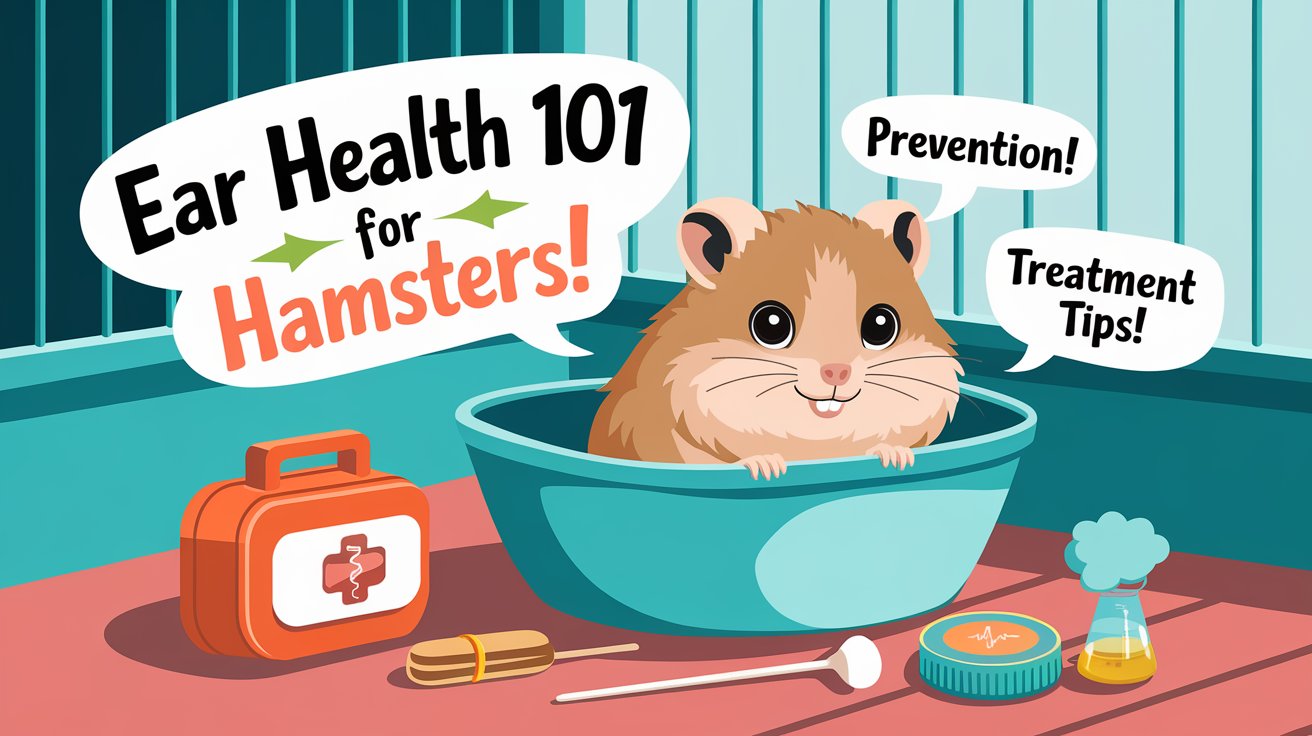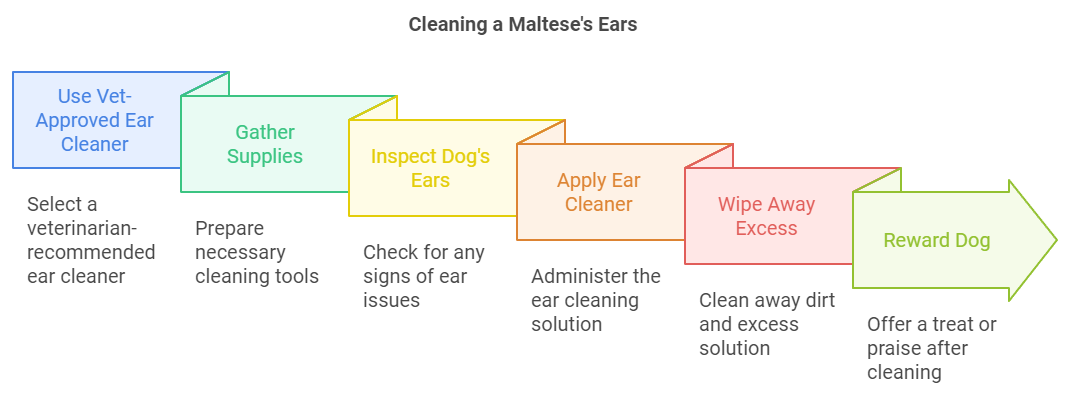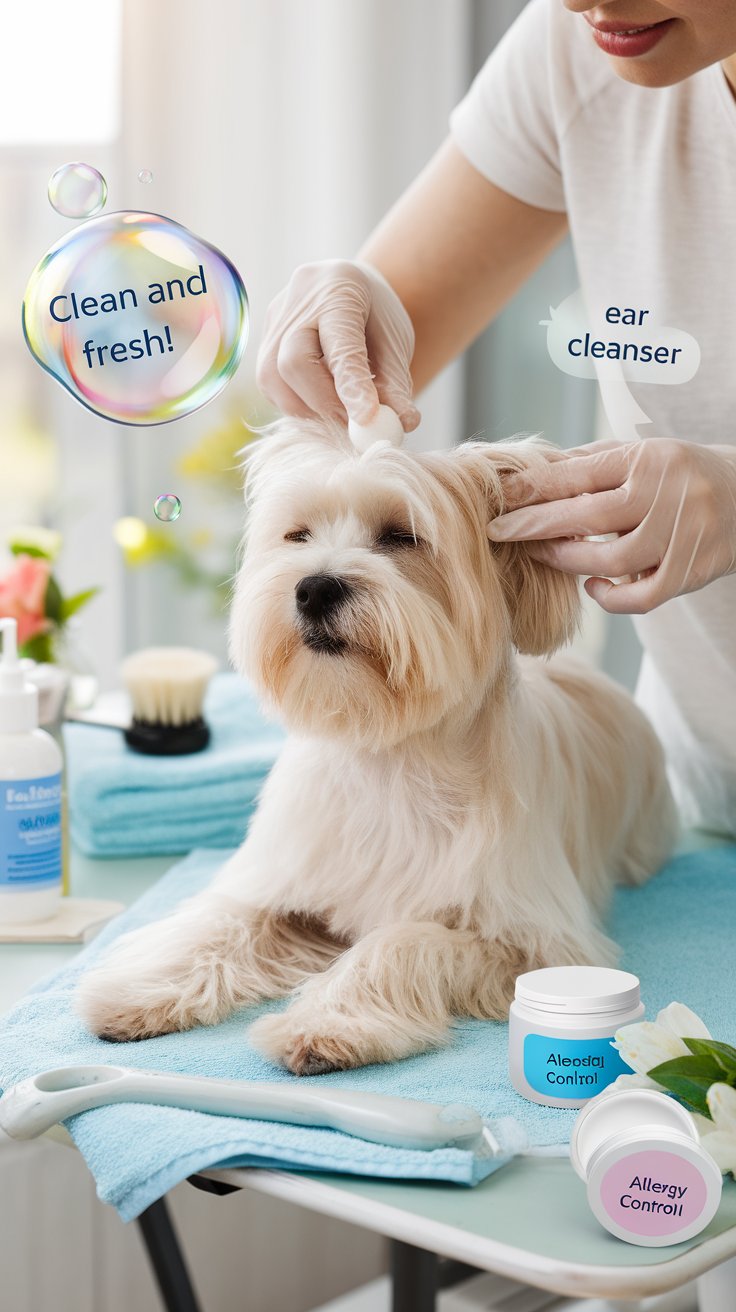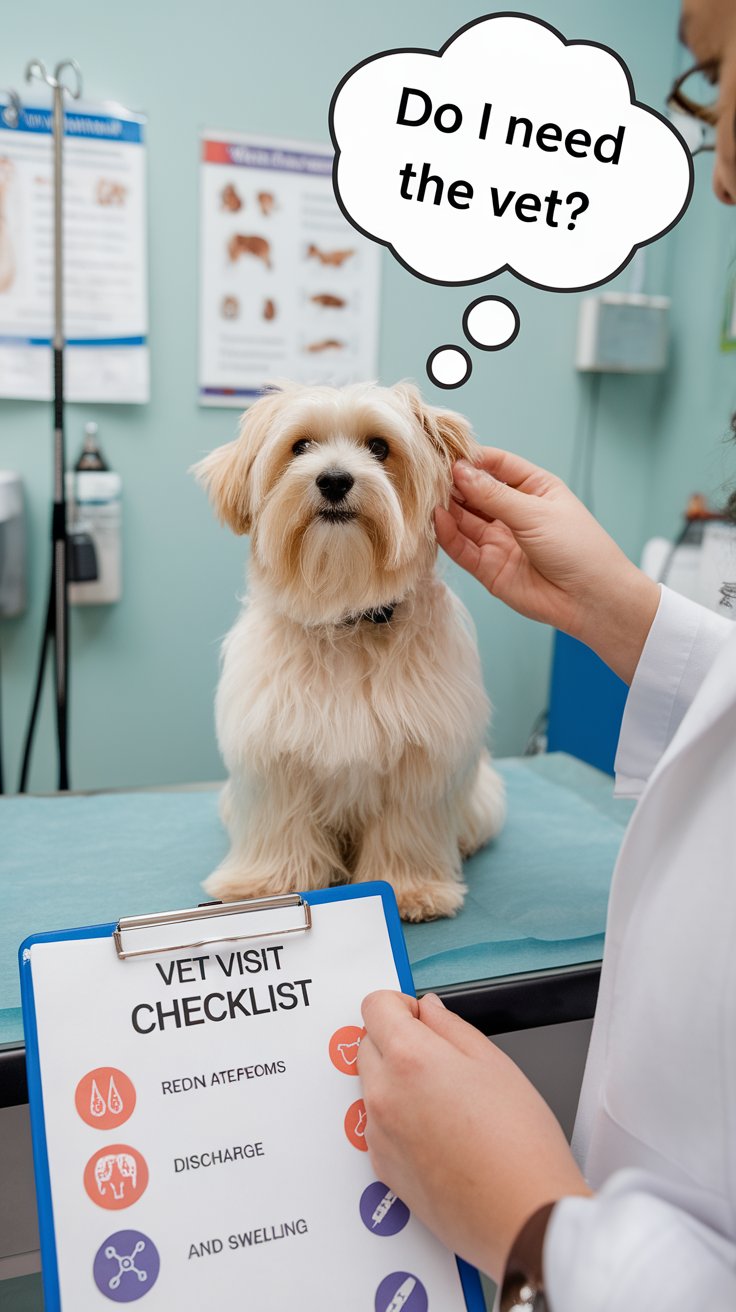Introduction
Ear infections are a common concern for Maltese dogs due to their unique anatomy and susceptibility to allergies and environmental factors. Recognizing the symptoms, such as head shaking, ear scratching, or unusual discharge, is vital for early intervention. These infections, caused by bacteria, yeast, or mites, can escalate into chronic problems if left untreated.
By adopting a proactive approach to ear care, including regular cleaning, proper grooming, and monitoring for signs of discomfort, pet owners can protect their Maltese from these painful issues. Understanding when to seek veterinary care and how to incorporate preventative measures into your routine ensures your furry friend stays healthy and comfortable.
Key Takeaways
- Maltese dogs are prone to ear infections due to their unique ear structure and environmental sensitivities.
- Early signs of infection include head shaking, scratching, redness, and foul-smelling discharge.
- Regular ear cleaning with vet-approved solutions can help prevent infections.
- Grooming and drying the ears after baths or swimming are essential preventive measures.
- Chronic ear infections may indicate underlying conditions and require veterinary attention.
- Timely intervention and a consistent ear care routine are key to maintaining your Maltese’s ear health.
Understanding Ear Infections in Maltese Dogs: Causes and Symptoms
Ear infections in Maltese dogs are often caused by a combination of factors, including their floppy ears, which trap moisture, and their predisposition to allergies. Bacterial, yeast, or fungal infections are common, leading to inflammation, redness, and a foul odor from the ear canal. Mites or excessive wax buildup may also contribute to discomfort, causing the dog to scratch or shake its head frequently. Early detection is critical, as untreated infections can escalate to chronic conditions or even damage the inner ear. Knowing the common signs, such as head tilting, ear discharge, or irritability, can help pet owners act quickly to protect their dog’s health.
Common Signs of Ear Infections in Maltese Dogs
Maltese dogs may exhibit noticeable signs of discomfort when suffering from ear infections. These include frequent head shaking, excessive scratching around the ears, redness, or a foul-smelling discharge. In severe cases, they might tilt their head or lose balance, signaling deeper ear canal issues. Recognizing these symptoms early can help prevent long-term complications.
Common Causes of Ear Infections in Maltese
The floppy ears of Maltese dogs make them prone to infections by trapping moisture and debris. Yeast, bacteria, and fungi thrive in such environments, often exacerbated by allergens like pollen. Poor ear hygiene or the presence of ear mites can further increase the likelihood of an infection, making preventative care essential.
Simple Tips for Cleaning Your Maltese’s Ears Safely
1. Use a Vet-Approved Ear Cleaner
Choose an ear-cleaning solution recommended by your veterinarian to gently remove wax, debris, and moisture without causing irritation.
2. Gather Your Supplies
Have clean gauze, cotton balls, and a towel ready. Avoid using cotton swabs, as they can push debris deeper into the ear canal.
3. Inspect Your Dog’s Ears First
Look for redness, swelling, or discharge. If you notice anything unusual, consult your vet before proceeding.
4. Apply the Ear Cleaner
Pour a small amount of the solution into your Maltese’s ear canal and gently massage the base of the ear to distribute it evenly.
5. Wipe Away Excess Dirt and Solution
Use a clean gauze or cotton ball to remove debris and excess liquid. Be gentle to avoid causing discomfort.
6. Reward Your Dog
After cleaning, offer a treat or praise to make the experience positive and reduce stress for your Maltese.
Preventative Care for Maltese Ears: Tips for Avoiding Future Infections
Preventing ear infections in Maltese dogs starts with regular care. Routine ear cleanings with a vet-approved solution can help remove wax and debris, while keeping the ears dry after baths or swimming reduces the risk of bacterial growth. Owners should avoid using cotton swabs, which can push debris deeper into the ear canal. Regular grooming and trimming of hair around the ears also help maintain cleanliness. Monitoring for environmental allergens, such as pollen or dust, and maintaining a balanced diet can further strengthen your Maltese’s immune system, reducing the likelihood of recurrent infections.
How to Clean Maltese Ears Safely
Regular cleaning is a cornerstone of prevention. Use a vet-approved ear-cleaning solution to remove wax and debris without damaging the ear canal. Gently massage the base of the ear during cleaning, and always use gauze or cotton balls instead of cotton swabs, which can push debris deeper into the ear.
Grooming Tips to Keep Maltese Ears Healthy
Routine grooming plays a significant role in ear health. Trim excess hair around the ears to reduce wax and debris buildup. After baths, ensure the ears are completely dry to prevent moisture from fostering bacterial growth. These simple practices go a long way in preventing infections.
Case Study: Successful Management of Chronic Ear Infections in a Maltese
Bella, a five-year-old Maltese, suffered from recurrent ear infections despite regular cleaning. Her owner, Sarah, noticed persistent scratching, head shaking, and a foul odor from Bella’s ears. After consulting a veterinarian, it was discovered that Bella had an allergy to certain environmental triggers, including pollen and dust, which contributed to her ear problems.
The vet prescribed a tailored treatment plan, including anti-inflammatory ear drops and an allergy management protocol. Sarah also switched Bella to a hypoallergenic diet and began using a vet-recommended ear-cleaning solution twice a week. Over the course of three months, Bella’s symptoms significantly improved, and her ear infections stopped recurring. This case highlights the importance of addressing underlying causes, such as allergies, alongside consistent ear care to achieve lasting results.
When to Seek Veterinary Care for Maltese Ear Issues
While mild infections can often be managed at home, certain signs indicate the need for professional care. If your Maltese shows persistent symptoms like severe head shaking, pawing at their ears, or visible swelling, it’s time to consult a veterinarian. Chronic ear infections may signal underlying conditions, such as allergies or systemic health issues, that require specialized treatment. Veterinarians can perform a thorough examination and prescribe medicated ear drops or anti-inflammatory treatments tailored to your dog’s needs. Timely intervention not only relieves discomfort but also prevents long-term complications.
Warning Signs That Require Veterinary Attention
If your Maltese has swollen, painful ears, or if there’s persistent discharge despite home care, it’s time to visit the vet. Chronic ear infections may indicate underlying issues like allergies or structural abnormalities, requiring professional diagnosis and treatment.
Treatments Your Vet Might Recommend
Veterinarians may prescribe medicated ear drops, anti-inflammatory medications, or oral antibiotics for severe infections. For chronic cases, they may suggest allergy testing or advanced diagnostic imaging to pinpoint and address root causes effectively.
“An ounce of prevention is worth a pound of cure, especially when it comes to your dog’s health. Regular care and attention can save them from pain and discomfort.” – Dr. Karen Becker, DVM
At-Home Remedies and Maintenance for Maltese Ear Health
Proper at-home care can significantly improve your Maltese’s ear health. Start by using a medicated ear cleanser to flush out dirt and wax gently. Massage the base of the ear to distribute the solution evenly, then wipe away debris with a clean gauze or cotton ball. Avoid overcleaning, as this can irritate the skin. Incorporating preventive measures, such as drying the ears thoroughly after baths and checking for signs of infection, helps maintain overall ear hygiene. By establishing a routine, owners can keep their Maltese comfortable and reduce the risk of recurring ear issues.
DIY Remedies for Mild Ear Issues
For mild infections or irritation, over-the-counter ear cleansers containing anti-inflammatory or antifungal agents can provide relief. Diluted apple cider vinegar or coconut oil is sometimes used as a natural alternative, though consulting a vet before trying home remedies is advised.
Creating a Routine for Ear Maintenance
Consistency in ear care prevents future problems. Establish a weekly cleaning schedule, especially after outdoor activities or baths. Inspect your Maltese’s ears regularly for signs of wax buildup or redness. Preventative care reduces the frequency of infections and keeps your pup comfortable.
Conclusion
Maltese dogs, with their delicate ears and predisposition to infections, require attentive care to maintain their ear health. Understanding the root causes, such as moisture buildup, allergies, and improper hygiene, empowers pet owners to take proactive measures. Regular cleaning and grooming, combined with a balanced diet, play key roles in preventing recurring issues.
When infections do occur, timely veterinary intervention is essential to prevent chronic complications. By staying vigilant and integrating preventative practices into your routine, you can ensure your Maltese enjoys a life free from the discomfort of ear infections, keeping them happy and healthy.



